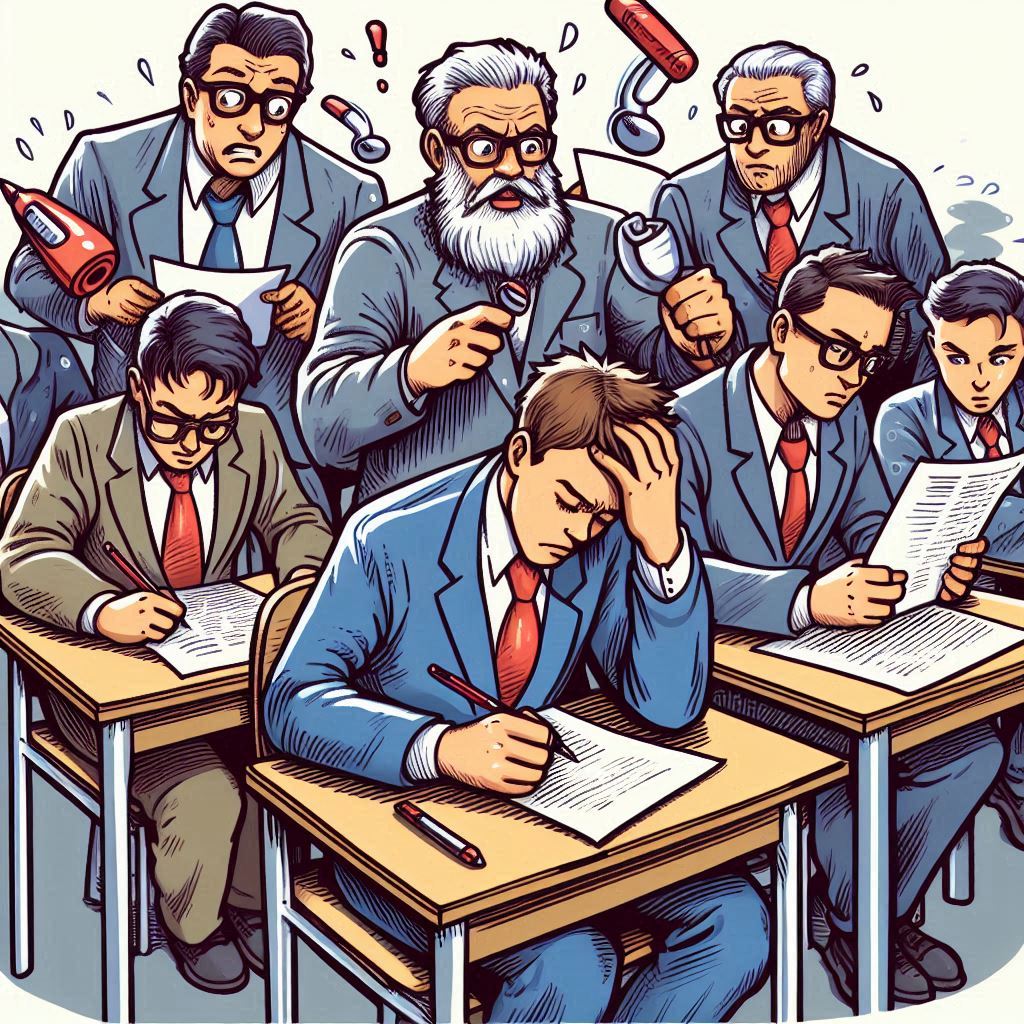“My child started saying, ‘I had fun at school today.’”
These were the heartfelt words of a mother who relocated to Tokyo from Hong Kong. In a world where academic pressure, school strikes, and political unrest often undermine a child’s emotional well-being, Japan stands apart—as a country where the emotional safety of children is not only preserved, but prioritized.
Japan offers a rare equilibrium:
-
Competition without conflict
-
Structure without suffocation
This unique cultural balance is now being quietly rediscovered by global families seeking not just academic success, but also emotional fulfillment and peace of mind.
■ Japan by Comparison: A Deliberate Choice
To understand the appeal of Japan’s educational landscape, let us compare it with major cities across Asia:
| Region | Educational Landscape | Social Stability Risk | Mental Wellness Support |
|---|---|---|---|
| Hong Kong | Entrance exams from early childhood, tutoring culture | Frequent protests, safety concerns | External support often necessary |
| Singapore | Intense academic pressure, meritocracy-driven | Politically stable yet high-pressure | Mental health systems still maturing |
| Bangkok | Stark educational inequality | Periodic political unrest | Heavy reliance on private institutions |
| Tokyo | Calm, well-rounded education in both public and private schools | Exceptionally safe, minimal political interference | On-site school counselors readily available |
Japan stands out by maintaining a healthy distance from both overheated academic competition and sociopolitical unrest, offering a calm and emotionally secure foundation for children to grow.

■ Education Without Combat: Cultivating Inner Confidence and Mutual Respect
A hallmark of Japan’s educational approach is its deliberate avoidance of forcing children into competitive hierarchies. Instead of encouraging rivalry, Japanese schools foster a culture of inclusion and dignity:
-
No public academic rankings within the classroom
-
All children are given a chance to shine in group performances such as concerts and plays
-
Sports prioritize fair play over victory
Through this philosophy, children naturally develop:
-
Self-esteem—the ability to focus on one’s own responsibilities and efforts
-
Respect for others—a disposition to empathize and affirm the value of peers
This dual development allows young minds to grow with a quiet confidence in themselves, and a grounded trust in others—a foundation of character that cannot be measured by grades or statistics.
■ A Stable Daily Life: The Ultimate Mental Wellness Education
In many parts of Asia, academic stress begins early and runs deep.
-
In Hong Kong, missing a preschool entrance interview can prompt parents to resign from their jobs and dedicate themselves entirely to child-rearing.
-
In Singapore, children are streamed by academic performance as early as Grade 4, often locking in their future path by age ten.
-
In Bangkok, the stark educational divide between the elite and the general population makes school selection a life-altering decision.
By contrast, Japan offers a different philosophy:
-
Children progress through elementary, middle, and high school together, fostering communal growth.
-
Schools are designed as spaces to live and thrive, not merely to compete.
-
Exams and competition exist, but are not life-defining events.
This thoughtful focus on “achieving through it” provides children with profound emotional stability and a healthy sense of freedom.

■ Emotional Security: A Growing Priority Among Global Affluent Families
Among internationally minded families pursuing educational relocation, Japan is increasingly seen as a sanctuary for emotional well-being—a rare quality in today’s fast-paced world. Here are a few voices from those who have already made the move:
-
A business couple from Bangkok shared:
“In Tokyo, our child is learning how to think—not through punishment, but through reflection.” -
A family from Hong Kong observed:
“Japanese schools are quiet, but never forceful. It’s where our child began forming their own opinions.” -
A mother from Singapore expressed:
“I never realized how enriching parenting could be when it’s not governed by numbers.”
Japan stands as a rare global sanctuary—where children are shielded from the “invisible stress” that so often burdens young minds elsewhere.
■ Where Emotional Growth Nurtures True Potential
In Japan, education is not imposed—it is quietly, respectfully observed and supported.
Within this calm and caring environment, children develop emotional depth, which in turn unlocks their unique talents.
There are no high-stakes entrance exams to chase. No civil unrest or strikes to fear. Just the freedom to grow—gently and peacefully.
In today’s increasingly volatile world, this may well be the most luxurious educational environment a child can have.




